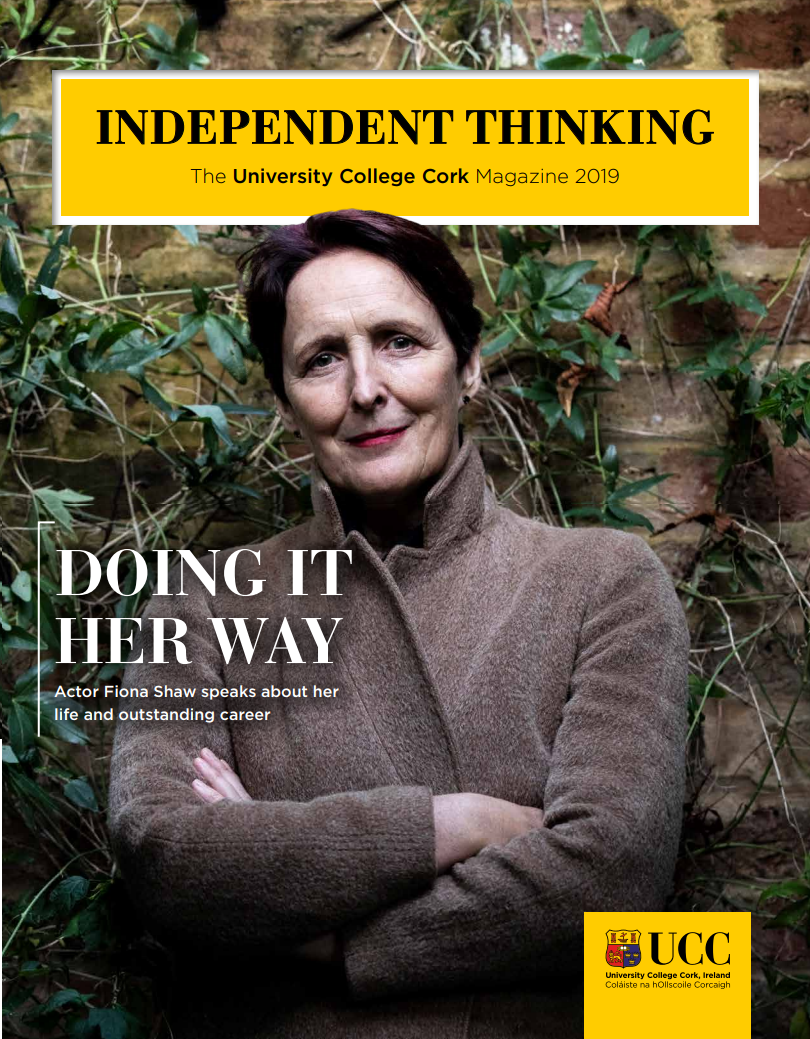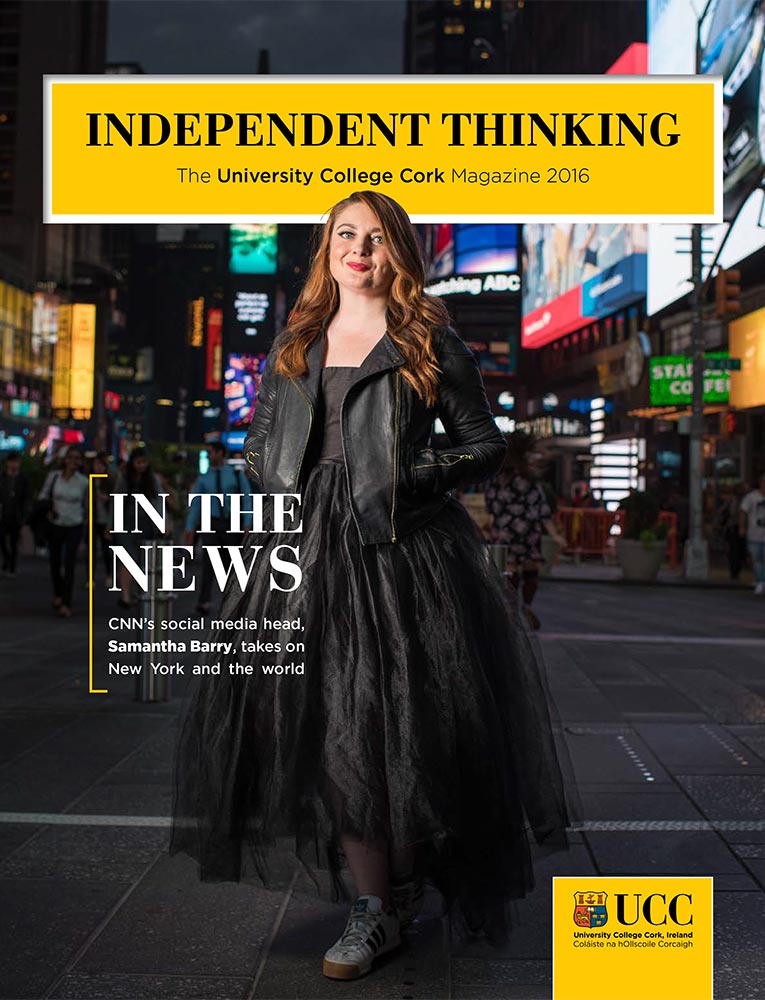Features
- President's Welcome
- Breaking News and Shattering Ceilings
- The Future Is Bright
- Her Next Act
- Márta: Mí na Féile Pádraig
- Bucking Convention: the Rising Power of Youth Climate Activism
- Opinion: Parenting Between Two Cultures
- Sigerson Glory for the Skull-and-Crossbones
- Analogue Love Stories
- Self-Care to Sustainability: the PG Expo Returns to Campus
Opinion: Parenting Between Two Cultures
Deborah Oniah recently spoke at UCC’s annual Refugee Week about what it is like to navigate the parenting framework as a Nigerian mother-of-four living in Ireland. Here, the lawyer and UCC Sanctuary Scholar shares how parenting between two cultures has become her ‘superpower’.
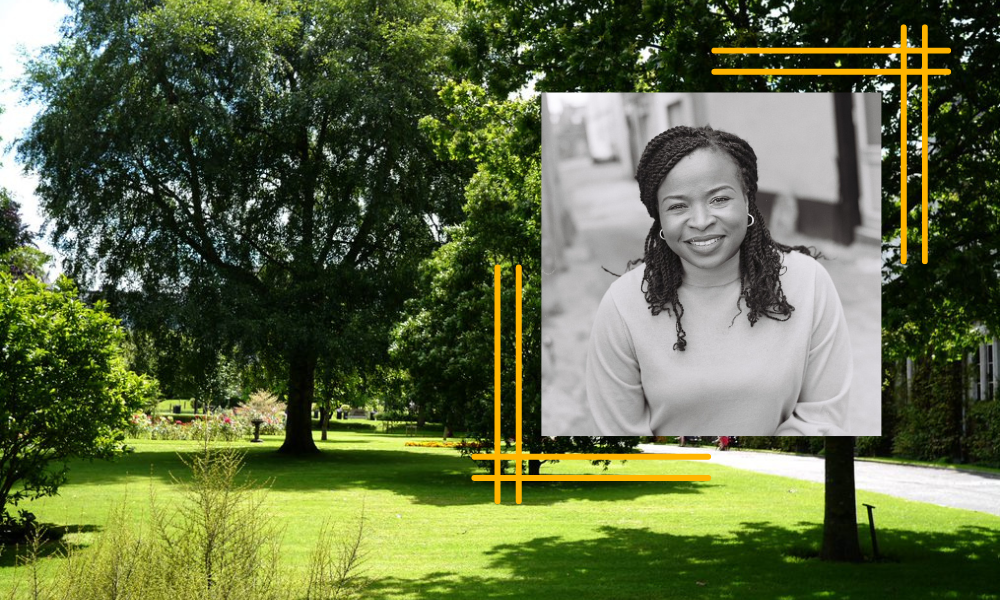
My first introduction to parenting in Ireland was fear, confusion, and disbelief. I would like to point out that this situation is not peculiar to me – it is the experience of a lot of migrant families. The language of the people you meet, who are migrants that came before us, is fear-based. I remember, during my first week in Ireland, I was told by an African woman that the government would take my kids away.
Why would my children be taken away?
‘They are watching.’
‘Who is watching?’
‘Everyone.’
It is the language of words said, and the fear of words unsaid. The fear that my children, the very essence of my living life, were going to be taken away was very frightening to say the least.
Coming to a culture where there is a structure and law for children and families is great; however, a lot of migrants get lost, confused, and question their existence and their capacity as a parent, leading to a lack of confidence in everything that they know.
This new fear has nothing to do with not being able to parent in a new culture but everything with the information and the words used; it is the language. What I experienced is not the way you should talk to someone who has just gone through the trauma of losing everything – family, country, job, friends, support system; it is not the language you use for someone who took the courage to have a chance at another life. It was re-traumatising to hear; even more, it knocked my confidence as a mum who loves her children with all her life, a mother who left everything to keep her children safe. Somehow, I refused to blame her – she did not know any better, her words were coming from an uninformed place. She was only telling me what she had been told – a story that hides the good of who we are, and what we can become when we integrate our existing culture and our new culture.
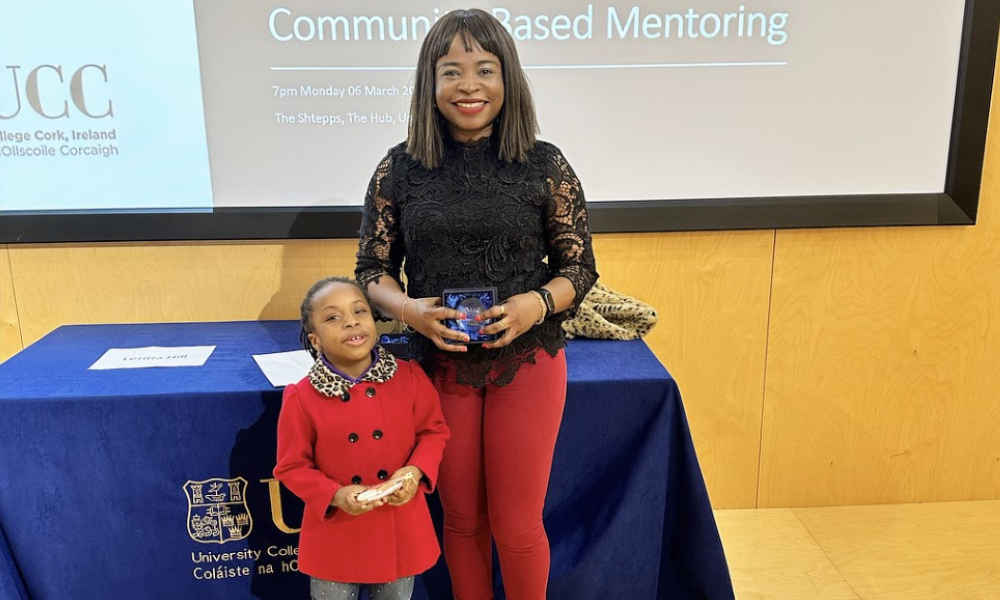
I get it – as migrants, we are now hanging in between two cultures. We are introduced to a country where there is a law that protects children, and an agency that enforces this law. But there is also a law that protects women and families. This is a positive thing, but because the information is not passed on correctly, and is delivered in parts, it is up to migrants to take their own interpretation. My children once said to me that they have two mums – the Nigerian mum and the Irish mum, and that they love the Irish mum better. The truth is, I am the same person, but I am now parenting from an informed perspective, and with support in Ireland.
Being a parent never ends; it is one job we will never retire from. And while migrant parents are great parents, they are sadly uninformed and misinformed of what the law is, and the support available. For me, getting informed did not just happen – I attended a parenting workshop at the Cork Migrant Centre in Nano Nagle Place, which provided that opportunity for me – and many women like me – to learn and unlearn. I went on to complete the Train the Trainer course alongside 11 other migrant women, and we continued to facilitate parenting workshops in Direct Provisions in Cork city and county. Usually, in our first two sessions, one of the exercise questions is ‘What did you like, and not like, about the way your parents parented you as a child?’ The outcome of this discussion every time is the same thing: what parents did not like is what the law says not to do, and what parents liked are the expectations of the law – this, for me, is very empowering, as you see the confidence of parents bounce back. We know of the importance of this feedback; not knowing created room to question, and for self-doubt. Knowing is empowering.
I remember when my children started school, they came home during the first week, saying, ‘Mummy, I have rights!’ Those words were alien to me.
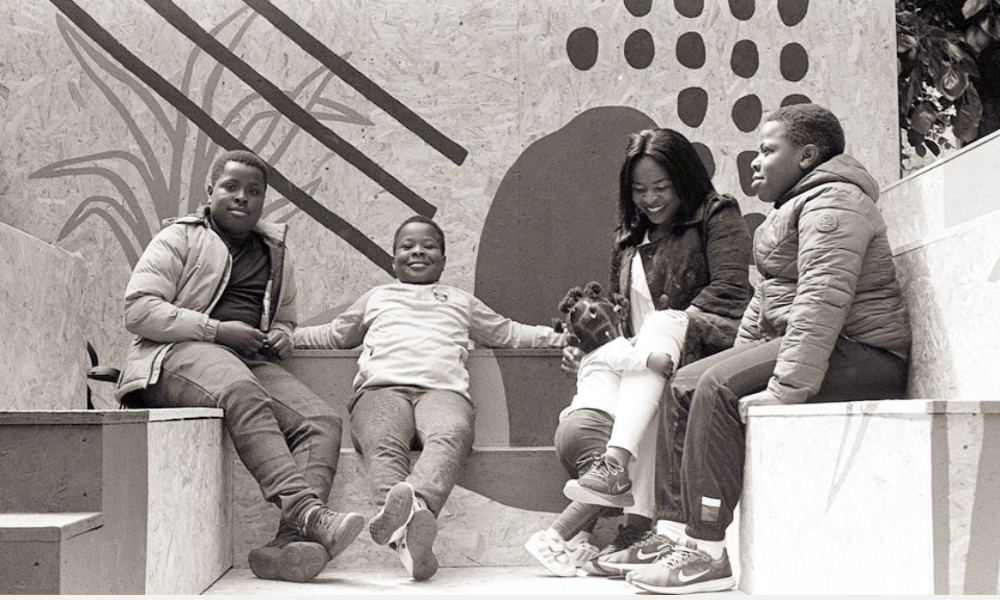
‘You have rights? How so?’
‘My teacher told me,’ they said.
My curiosity took me to the TUSLA website. I wanted to know what they were all about, for myself. I have a Law degree, so I could do that – bear in mind that not all migrants are lawyers; some don't even have English as their first language.
My question is, then: if the children are told their rights, why are parents not informed and supported, and properly introduced to the law around families and children? Why is it left in the hands of the people who do not know, to be the one to introduce us to our new world as a parent? Ireland is becoming more and more diverse – these sessions need to happen more. We need more of these spaces to have conversations around parenting. Not all families start from the same place, not all families started in Ireland; but the law has the same expectations for all families. As a lawyer myself, I know that ignorance is not an excuse to the law – that is why the right information is important, and parenting workshops and information sessions need to happen, at a very early stage.
Every family wants to be good and do good. I am the voice of a migrant woman, and I believe it can be done right. Give parents information at reception centres, Direct Provision centres, GP surgeries, hospitals, schools, and community centres. Tell them of the different services that exist to support families. Change is the only constant, and I know that every parent wants to be the best version of themselves, for their children. The right information will support that; the right services will support that.
Finding myself in between two cultures did not start well, but it has been a very positive experience of growth for me. I am happy to be called a Nigerian and Irish mum; my children will say it is my superpower.
Visit the dedicated website for further information on Equality, Diversity and Inclusion at UCC.
Photography: supplied by Deborah Oniah

